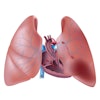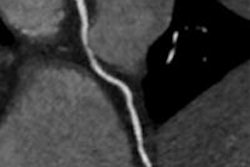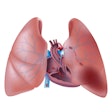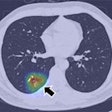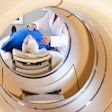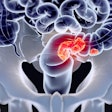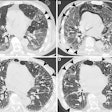Dear AuntMinnie Member,
Controlling radiation dose continues to be top of mind for imaging facilities, so it's a topic we're addressing with a pair of articles this week.
First up is an article from Ascendian Healthcare Consulting on setting up a radiation dose management program for your healthcare enterprise. Medical facilities are finding themselves under increasing scrutiny when it comes to dose management, so it's key to check off all the right boxes when creating a program, according to Ascendian's Neomi Mullens.
Ms. Mullens offers seven points that facilities should consider when creating their enterprise dose management program. Find out what they are by clicking here.
Imaging sites can also control dose at the more granular level through the use of new coronary CT angiography (CCTA) scanning protocols that make it possible to create better images at a lower radiation dose, according to an article by international editor Eric Barnes.
Researchers tested a protocol that automated kV and mAs settings, comparing the images to those generated with conventional body mass index-based settings. They evaluated the results of the automated protocol using two methods of data reconstruction: traditional filtered back projection and more advanced iterative reconstruction.
Learn what they discovered by clicking here, or visit our CT Digital Community at ct.auntminnie.com.
fMRI of Alzheimer's
Finally, visit our MRI Digital Community for a new article on the use of a functional MRI technique for early detection of Alzheimer's disease.
Researchers used the fMRI technique to scan patients when their brains are in a resting state -- a time that's believed to be particularly affected by the damage that Alzheimer's causes to the brain. They correlated their findings to biomarkers from cerebral spinal fluid: Find out what they discovered by clicking here.
In other news, MRI gave researchers information on the function of blood vessels in patients receiving antiangiogenesis therapy for cancer, offering an earlier indication of whether the therapy is successful. Learn more by clicking here, or visit the community at mri.auntminnie.com.
